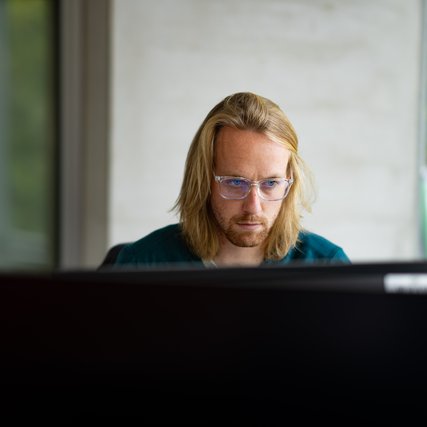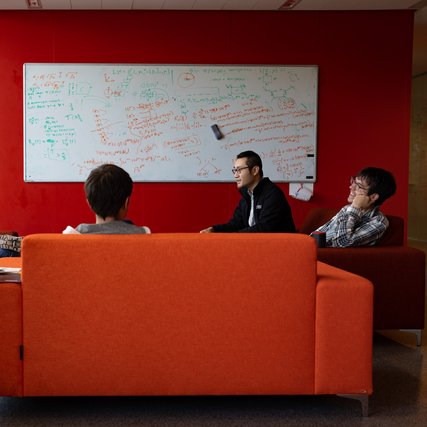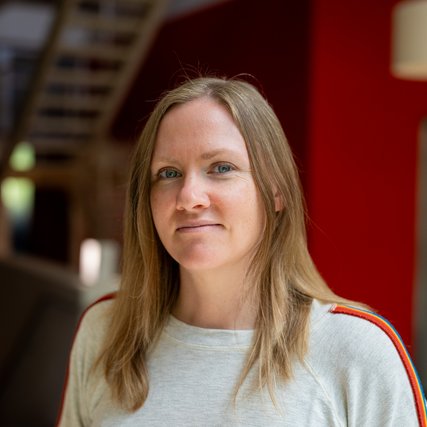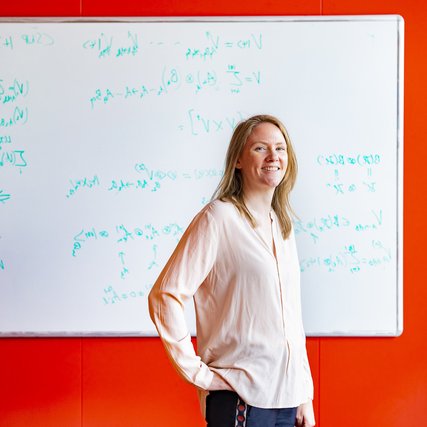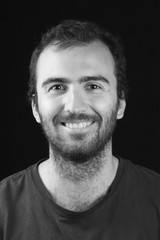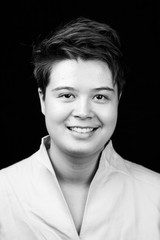The leader of the group Algorithms and Complexity: Jop Briët
Algorithms and Complexity
Designing quantum software for future quantum computers, using fundamentally different techniques and approaches based on superposition, interference and entanglement.
Our research group designs software for the computing technology of the future, especially quantum computing. Based on the laws of quantum mechanics, which tell us that systems and particles can be in multiple states at once, quantum computing is radically different from computing as we know it. Our quantum software requires fundamentally different techniques and approaches based on superposition, interference and entanglement. Ultimately, our research will result in better, faster and more reliable computer systems for society. Our research group is involved in QuSoft, the new Dutch research centre for quantum software.
More information can be found in this A&C group video (2018).
Events
All events-
StartEndThis workshop is part of the Research Semester Programme 'PhaseCAP: Phase Transitions in Combinatorics, Algorithms and Probability'.
-
StartEndWe are delighted to invite you to join us for a special Scientific Conference celebrating 10 years of QuSoft. This anniversary event brings together leading thinkers, researchers, and innovators in the field of quantum software to reflect on past achievements and look ahead to the breakthroughs that will shape the next decade. We look forward to welcoming you for a day of inspiring talks, scientific exchange, and community celebration.
-
StartEndThis workshop is part of the Research Semester Programme 'PhaseCAP: Phase Transitions in Combinatorics, Algorithms and Probability'.
-
StartEndThis workshop is part of the Research Semester Programme 'PhaseCAP: Phase Transitions in Combinatorics, Algorithms and Probability'.
Members
Associated members
-
 Amira Abbas
Amira Abbas
-
 Samuel van Beek
Samuel van Beek
-
 Maxim van den Berg
Maxim van den Berg
-
 Lara Boloni
Lara Boloni
-
 Carli Bruinsma
Carli Bruinsma
-
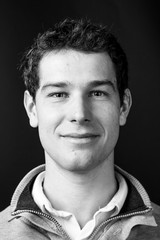 Adam Burchardt
Adam Burchardt
-
 Diederick Croese
Diederick Croese
-
 Llorenç Escolà Farràs
Llorenç Escolà Farràs
-
 Marten Folkertsma
Marten Folkertsma
-
 Dmitry Grinko
Dmitry Grinko
-
 Koen Groenland
Koen Groenland
-
 Koen Leijnse
Koen Leijnse
-
 Lisa Lenstra
Lisa Lenstra
-
 Sarah Meng Li
Sarah Meng Li
-
 Vania Lopez Diaz
Vania Lopez Diaz
-
 Anna Luchnikov
Anna Luchnikov
-
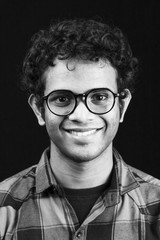 Manideep Mamindlapally
Manideep Mamindlapally
-
 Gina Muuss
Gina Muuss
-
 Niels Neumann
Niels Neumann
-
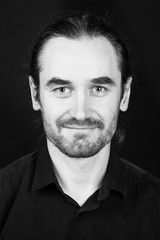 Maris Ozols
Maris Ozols
-
 Daan Planken
Daan Planken
-
 Ailsa Jane Robertson
Ailsa Jane Robertson
-
 Christian Schaffner
Christian Schaffner
-
 Daan Schoneveld
Daan Schoneveld
-
 Kareljan Schoutens
Kareljan Schoutens
-
 Hemant Sharma
Hemant Sharma
-
 Artemis Song
Artemis Song
-
 Florian Speelman
Florian Speelman
-
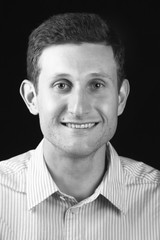 Joppe Stokvis
Joppe Stokvis
-
 Quinten Marcus Tupker
Quinten Marcus Tupker
-
 Philip Verduyn Lunel
Philip Verduyn Lunel
-
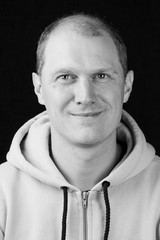 Sebastian Verschoor
Sebastian Verschoor
-
 John van de Wetering
John van de Wetering
-
 Jeroen Zuiddam
Jeroen Zuiddam
-
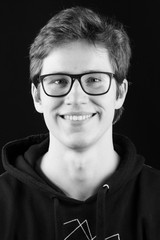 Sebastian Zur
Sebastian Zur
Publications
All publicationsCourses
All courses-
Advanced Quantum Algorithms2 feb 2026 - 27 mar 2026
-
Additive combinatorics2 feb 2026 - 30 jun 2026
-
Advanced Representation Theory and Applications2 feb 2026 - 30 jun 2026
-
Quantum Information Theory7 sep 2025 - 18 dec 2025
-
Quantum Computing1 sep 2025 - 19 dec 2025
-
Selected Topics in Quantum Information Processing1 sep 2025 - 17 oct 2025
-
Introduction to Information Theory1 sep 2025 - 24 oct 2025
-
Quantum Information Theory3 feb 2025 - 23 may 2025
-
Advanced Quantum Algorithms3 feb 2025 - 28 mar 2025
-
Introduction to Information Theory28 oct 2024 - 13 dec 2024
-
Quantum Computing9 sep 2024 - 16 dec 2024
-
Selected Topics in Quantum Information Processing1 sep 2024 - 16 oct 2024
-
Quantum Information Theory5 feb 2024 - 24 may 2024
-
Advanced Quantum Algorithms1 feb 2024 - 31 mar 2024
-
Quantum Computing13 sep 2023 - 20 dec 2023
-
Additive combinatorics1 mar 2023 - 30 apr 2023
Current projects with external funding
- Quantum time-space tradeoff lower bounds
- Algorithms, Security and Complexity for Quantum Computers (ASC-Q)
- Groeifonds - QDNL / KAT 1 (Groeifonds)
- Ada Lovelace positie (2e tranche) (None)
- Lectoraat Applied Quantum Computing (Teitsma) (None)
- Randomness in quantum computation (None)
- Rotate, measure, repeat: better and cheaper error characterisation for quantum computers (None)
- Quantum Software Consortium (QSC)
- Research centre for quantum software (QUSOFT)
